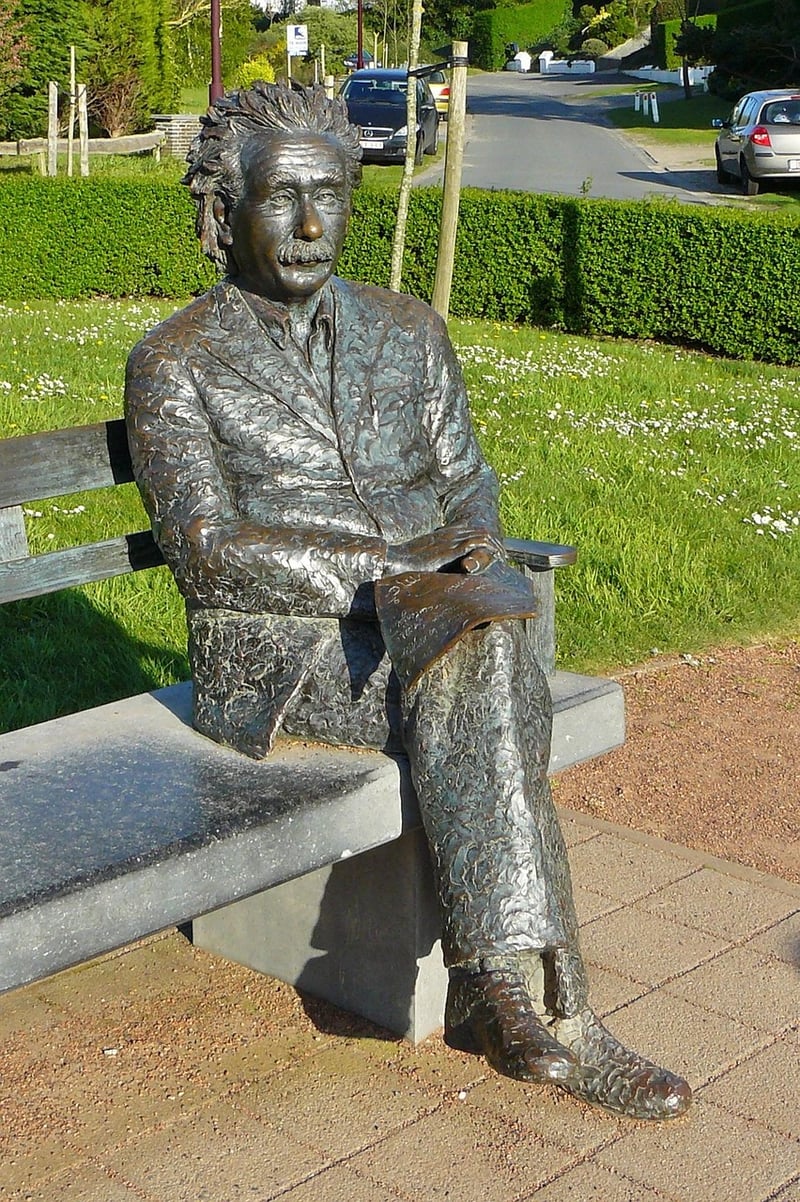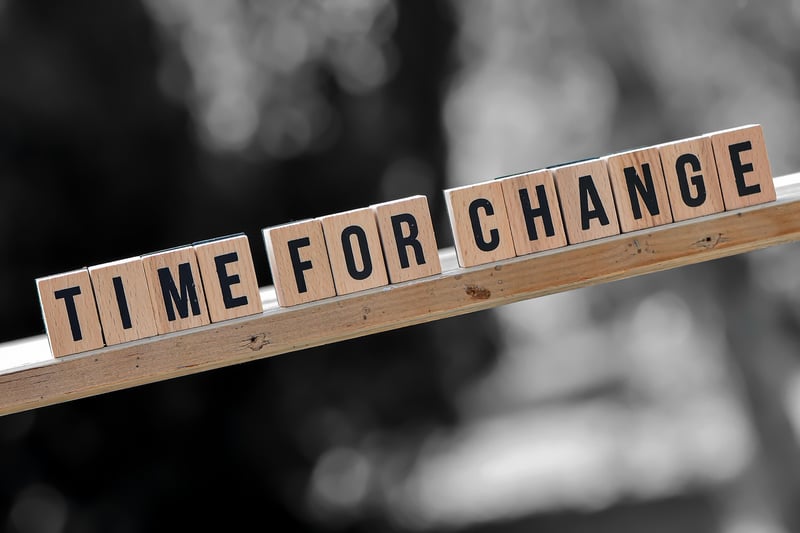Changing the Past
The Moral Implications of Changing the Past
Time travel has long been a fascinating concept in science fiction, allowing characters to alter historical events and change the course of time. However, the idea of changing the past raises significant moral implications that are worth exploring.
1. The Butterfly Effect
One of the primary concerns with altering the past is the potential for unintended consequences. The butterfly effect, a concept derived from chaos theory, suggests that even small changes to the past can have monumental effects on the future. This raises questions about whether individuals have the right to make such drastic alterations to the timeline.
2. Moral Responsibility
If time travel were possible, individuals who choose to change the past would face significant moral responsibility for their actions. Deciding which events to alter and which to leave untouched would require careful consideration of the potential consequences for all individuals involved.
3. Ethical Dilemmas
Changing the past also raises ethical dilemmas regarding interference with the natural course of history. Would altering past events be a form of playing "god," or would it be a necessary step to correct past injustices? These questions highlight the complex moral landscape of time travel.
4. Preserving History
On the flip side, some argue that preserving history in its original form is essential for maintaining cultural heritage and learning from past mistakes. Altering the past could erase valuable lessons and distort our understanding of the world we live in today.
5. Conclusion
While the idea of changing the past may seem appealing in theory, the moral implications of such actions are profound. As we continue to explore the concept of time travel in fiction and science, it is crucial to consider the ethical responsibilities that come with altering the course of history.

For more thought-provoking articles on science and ethics, visit example.com.
